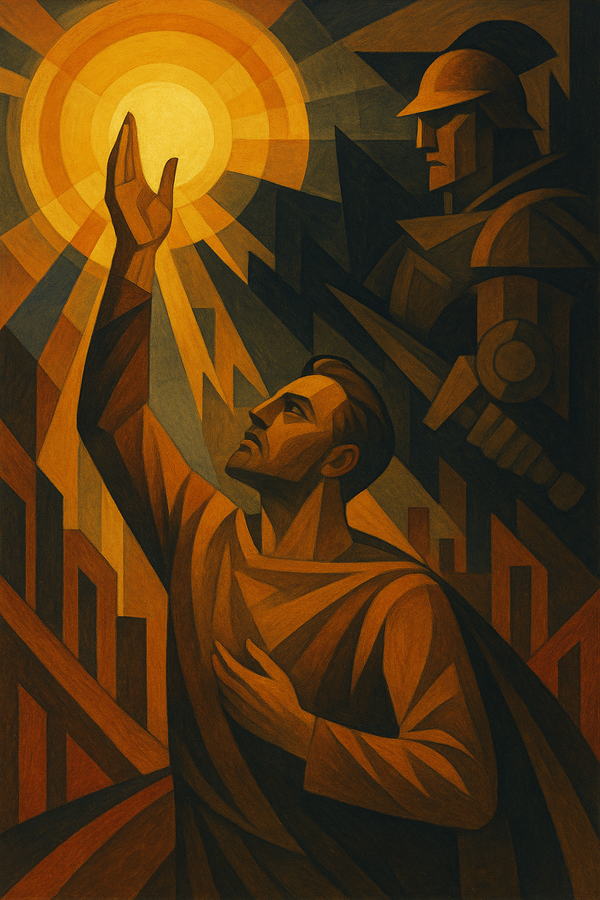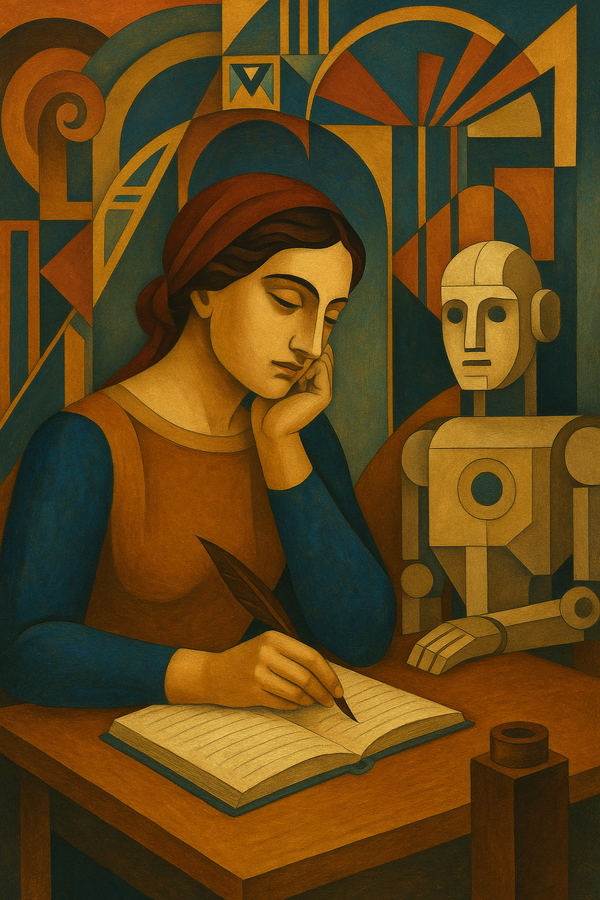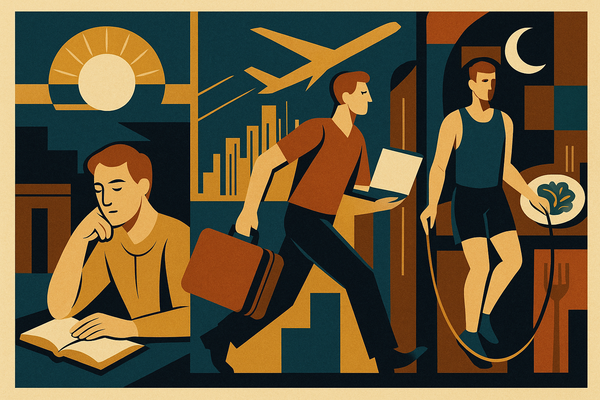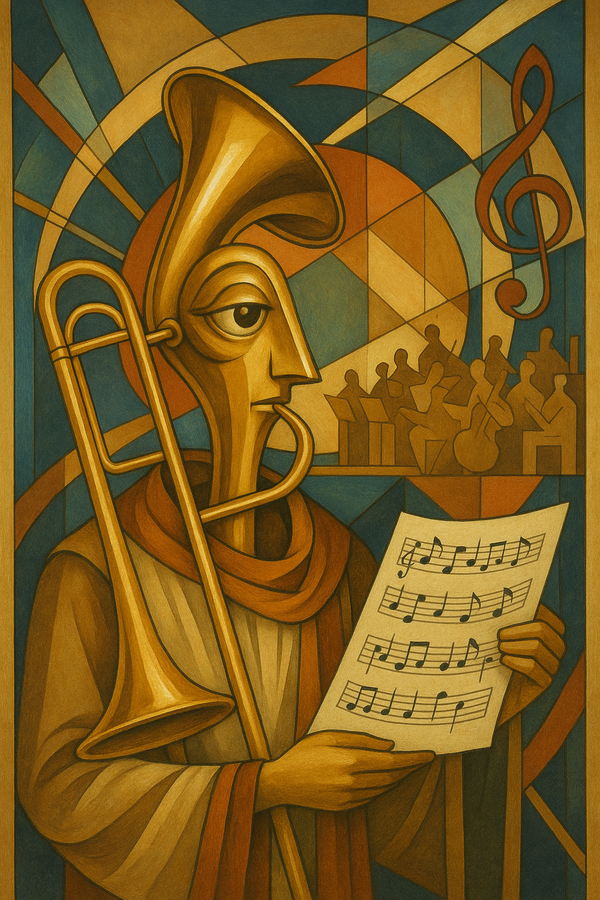Redefining Therapy
It's harder than ever to forge deep relationships predicated on trust and vulnerability

Early civilizations didn't have the occupation of a therapist. No therapists existed in the Middle Ages (although one could make an argument that Catholic confessionals are in some ways the same thing).
We pay for therapy now because we're languishing in luxury, dealing with the higher needs in Maslow's hierarchy, such as social status, relationships, and the need to belong rather than food, water, and shelter. But we also pay for therapy because it's harder than ever to forge deep relationships predicated on trust and vulnerability.
The biggest indicator of successful therapy is therapeutic alliance: the quality of the relationship between a therapist and their client. Nearly every therapist will tell you what you need to hear, but only when there's a good relationship between you and your therapist will that message sink in. We hear so many things, but it takes a combination of the right message from the right person along with our own efforts to turn ideas into actions.
A good definition of a therapist, then, is someone in your life who is there through both times of plenty and times of crisis, who keeps you accountable, treats you with affection, and is willing to offer wisdom.
Find those people.





